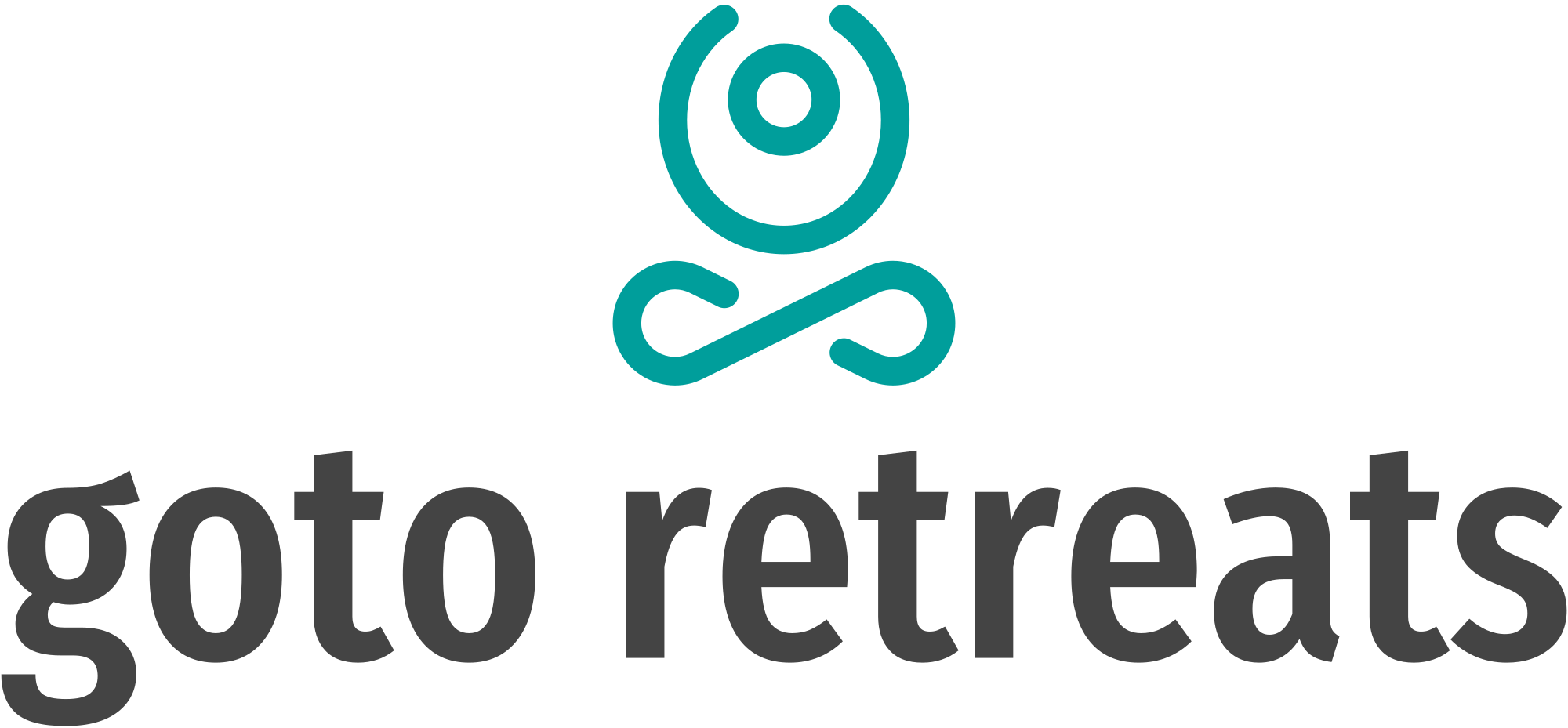Personal growth is often the central purpose of a retreat, offering participants the chance to step back from their daily routines and explore their inner worlds. However, guiding attendees through such transformative journeys requires thoughtful planning and a deep understanding of individual needs. Every participant comes with their own goals, challenges, and expectations, and as a retreat host, your role is to create an environment that supports and nurtures their self-discovery.
In this blog, we’ll look at effective techniques for helping attendees unlock personal growth, as well as ways to facilitate deep, transformative experiences safely. By guiding participants with empathy and providing a supportive setting, retreat hosts can help guests leave with a sense of renewal and empowerment.
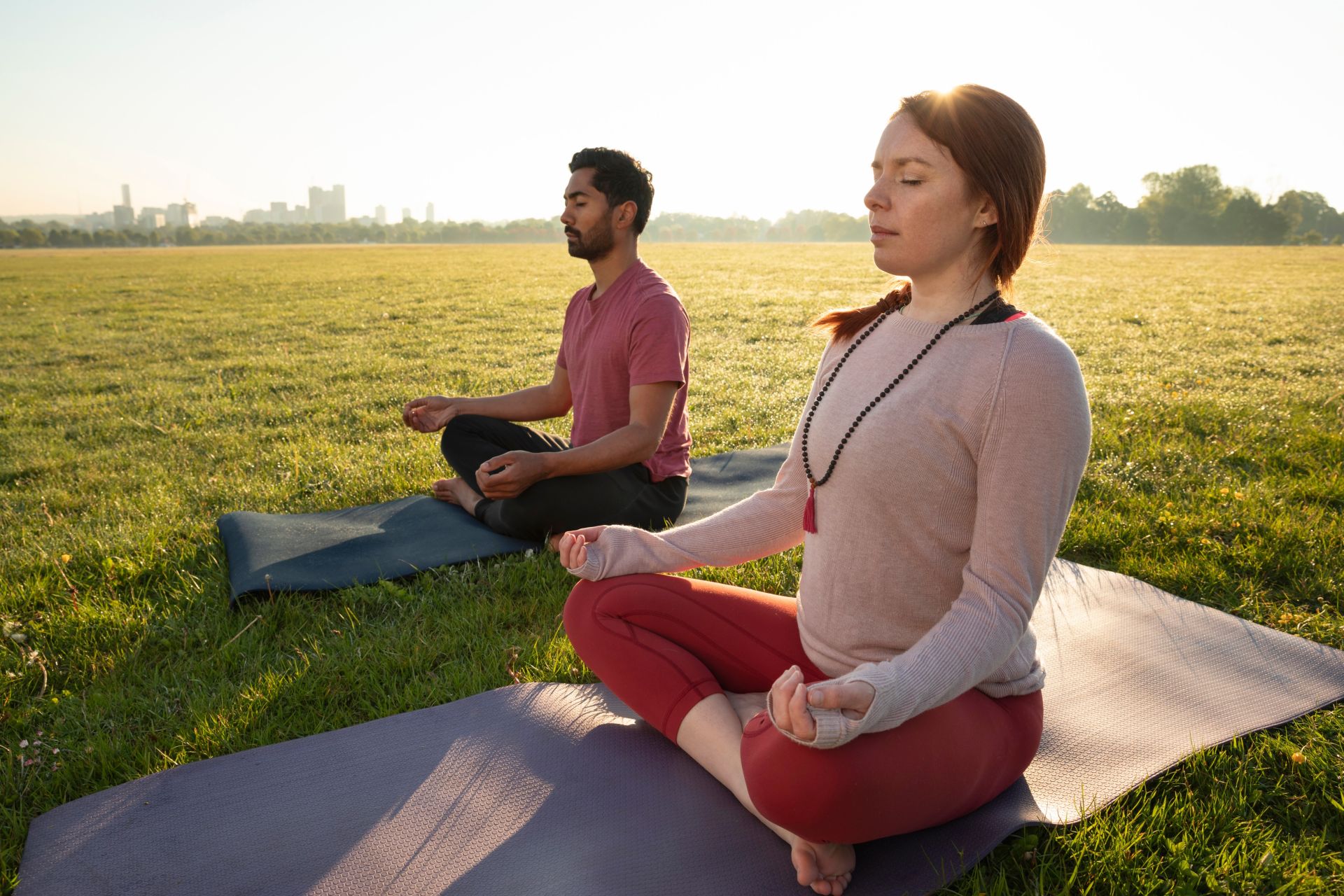
Understanding Each Participant’s Journey
Every attendee comes to a retreat with unique intentions, which could range from overcoming a personal hurdle to finding greater inner peace. As a retreat host, it’s crucial to recognize these diverse motivations and respect the individual pace at which each person approaches self-discovery.
Examples of Personal Growth Goals
For instance, some attendees may want to break free from stressful routines, while others seek to rediscover their creativity or enhance their emotional resilience. Understanding these goals allows you to tailor activities and support for each individual. Simple pre-retreat questionnaires can help you gather insights on participants’ objectives and concerns, allowing you to better plan experiences that align with their expectations.
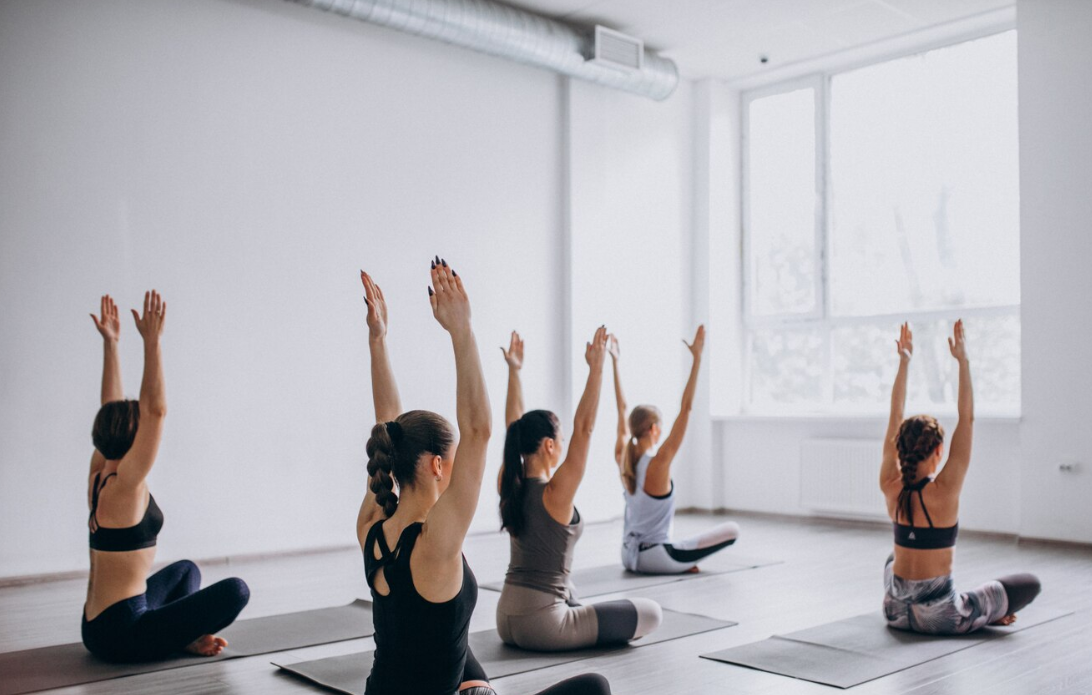
Techniques for Supporting Self-Discovery
Guiding people through self-discovery involves offering a balance of structure and freedom. Too much structure can feel restrictive, but too little can leave participants unsure of their next steps. Here are some techniques that can create an environment where guests feel both guided and free to explore.
1. Mindful Reflection Exercises: Begin each day with short, guided reflection exercises. For example, a few minutes of journaling or meditation can help attendees connect with their feelings and thoughts. Simple prompts like, “What are you hoping to release today?” or “What qualities are you looking to embrace?” can spark profound insights and prepare participants for deeper sessions.
2. Gentle Guidance Without Pressure: During group activities, such as sharing circles or paired discussions, remind participants that they can share as much or as little as they wish. This removes the pressure to open up before they’re ready and allows each person to engage at their comfort level. In these sessions, facilitators can set the tone by sharing their own experiences or observations to create a safe, welcoming space for vulnerability.
3. Physical Activities for Emotional Release: Movement-based activities, like yoga or hiking, can provide a subtle, non-verbal form of release. Physical movement helps process emotions and stress without the need for words. For example, a sunrise hike offers quiet, peaceful moments where participants can connect with nature and experience feelings of renewal.
4. Creative Expression Opportunities: Art and creative activities, such as painting or journaling, can be powerful tools for self-discovery. When given the freedom to create without judgment, attendees often find unexpected insights. You could have an open-ended art session where attendees are invited to express their current emotions through color and form, letting their art reveal their inner thoughts in a non-verbal way.
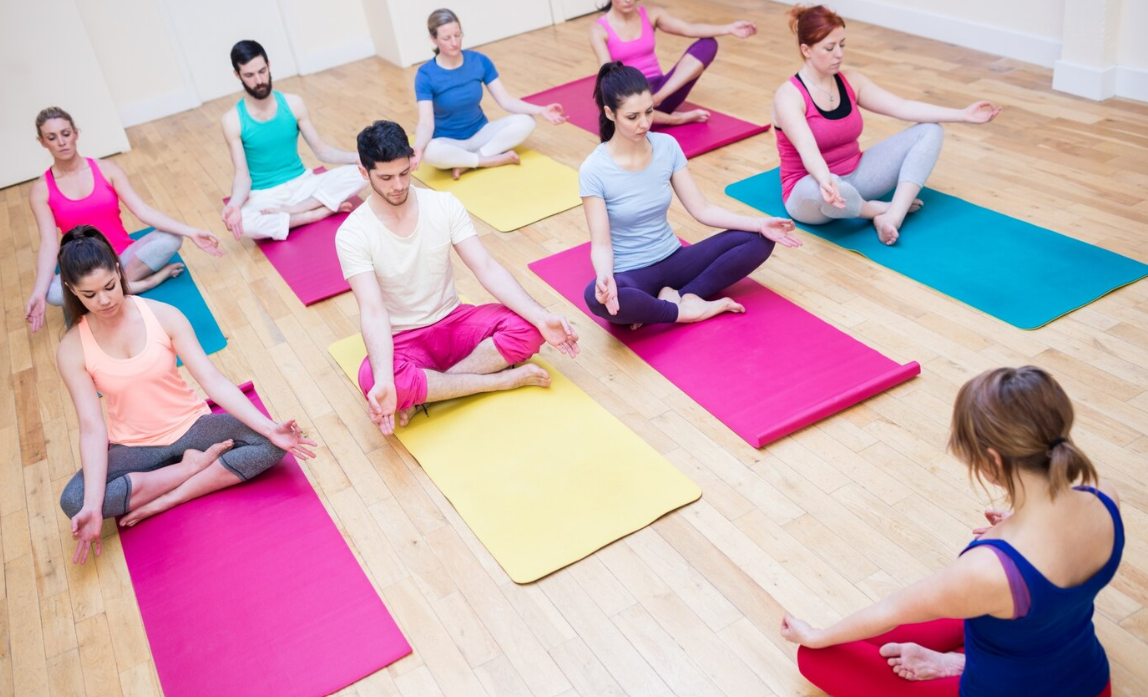
Facilitating Deep, Transformative Experiences
Creating an environment for transformation requires trust, safety, and intentional activities. Transformative experiences don’t happen just by planning intense activities; they happen in spaces where attendees feel fully supported and free from judgment.
Creating a Safe Space for Vulnerability
Building a safe environment starts from the very first interaction. For instance, setting group guidelines around listening and confidentiality encourages participants to respect each other’s journeys. Simple practices, like introducing each person at the beginning of the retreat, create a sense of community. Warmly welcoming each attendee as they share builds trust and can foster a deep sense of connection among the group.
Encouraging Moments of Solitude and Reflection
Personal growth often requires moments of quiet solitude. During the retreat, make room for silent breaks where attendees can reflect privately. These can be quiet outdoor walks, solo meditation sessions, or simply time to sit in silence. Providing these peaceful moments allows individuals to digest their experiences and insights.
Grounding and Reconnection Practices
Sometimes, personal growth sessions can bring up intense emotions. Grounding practices, such as deep breathing or short grounding exercises, can help attendees reconnect with the present moment if they feel overwhelmed. For example, after an emotionally intense sharing circle, a quick grounding exercise like focusing on their breathing can help attendees feel calm and centered. This is especially helpful for participants who may be dealing with unexpected feelings or memories.
Incorporating Nature for Transformation
Nature is a powerful element in personal growth, offering a calming presence that encourages introspection. Outdoor activities like nature walks or “forest bathing” sessions are subtle yet powerful ways to inspire deep reflection. For instance, a silent group walk through a forest allows attendees to connect with nature’s beauty and feel a sense of grounding. Nature’s presence often brings clarity and peace, supporting the internal shifts happening during a retreat.
Promote Cultural Connection for Meaningful Growth
Encouraging attendees to explore different cultures can be a powerful tool for personal growth. By integrating cultural experiences—such as storytelling, traditional rituals, or local cuisine—retreats create opportunities for deeper understanding and self-reflection. This exposure fosters empathy, broadens perspectives, and helps participants connect with diverse traditions in meaningful ways.
Infuse Playfulness for a Joyful Transformation
Growth doesn’t always have to be serious—bringing fun into the experience can enhance engagement and emotional well-being. Incorporating activities like group games, dance sessions, or creative play allows attendees to break free from inhibitions, bond with others, and embrace personal transformation with a lighter heart. Playfulness not only relieves stress but also makes the journey of self-discovery more enjoyable and memorable.
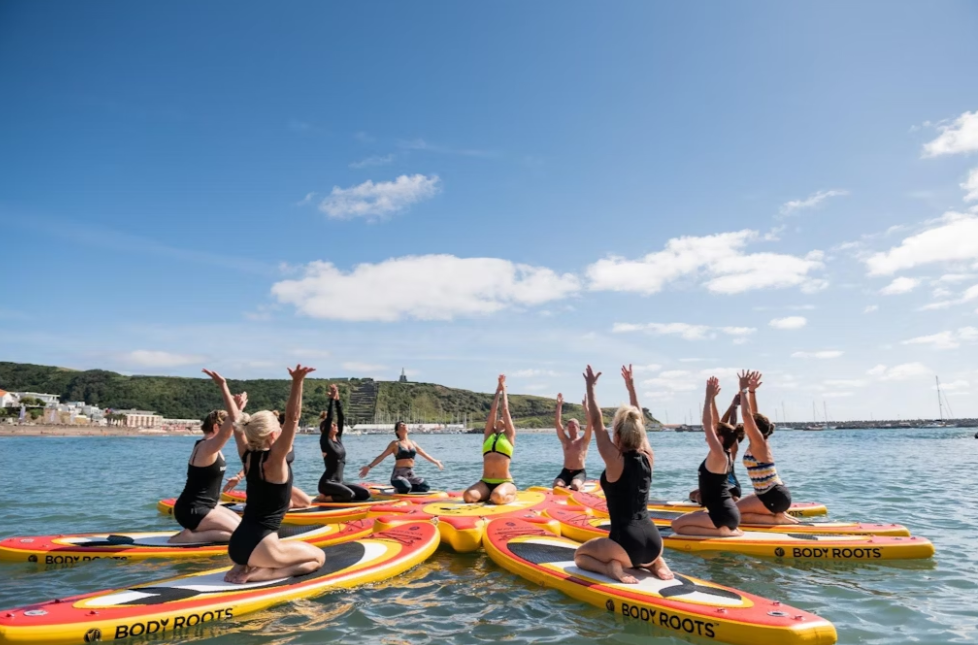
Balancing Structure and Flexibility in the Schedule
Having a thoughtfully balanced schedule is essential in creating a retreat that is both engaging and restorative. While structured activities help keep participants on track, adding flexibility allows them to choose how they’d like to spend certain parts of the day.
For instance, you could offer optional evening meditations or sunrise sessions for those who want to join. Some participants may crave more quiet time, while others might want to join every activity. Allowing options gives each attendee control over their own experience and respects their personal needs.
Post-Retreat Support for Continued Growth
A truly impactful retreat doesn’t end when participants go home. As a host, offering some form of post-retreat support can help attendees integrate their experiences into daily life. You could provide follow-up resources, like journaling prompts or guided meditation recordings, to support their growth journey after the retreat.
Another idea is to create a private online group where attendees can stay connected and share their progress. For instance, a group chat or monthly check-in call lets participants continue sharing their reflections and receive encouragement from others who attended the retreat. This helps them stay motivated and reminds them of the transformative experiences they had.
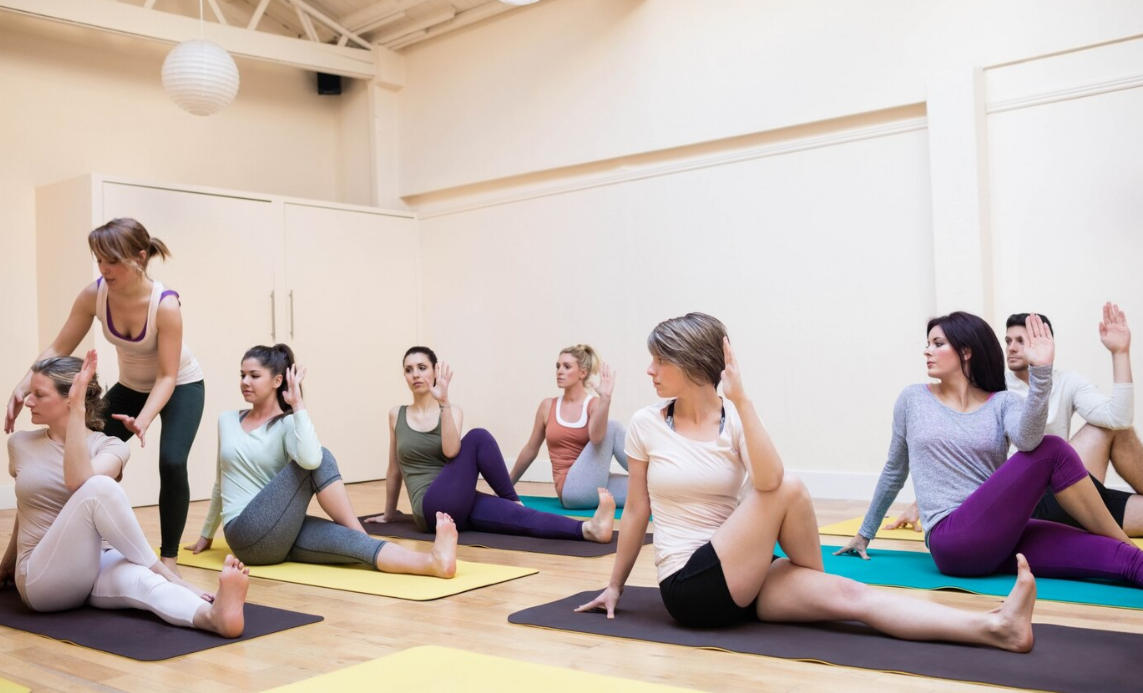
Conclusion
Guiding attendees through personal growth is about creating a journey that respects each person’s pace, needs, and unique experiences. By using techniques like mindful reflection, safe spaces, grounding practices, and a balanced schedule, retreat hosts can encourage self-discovery and transformation. Each element of the retreat—from group sessions to moments of solitude—plays a role in supporting guests on their path to personal growth.
For GoToRetreats, the goal is to create meaningful, supportive experiences that empower attendees to embrace personal growth and leave with a renewed sense of purpose and self-understanding. By fostering a retreat environment that encourages reflection, connection, and transformation, we can help guests embark on a journey that truly resonates with them long after the retreat is over.
